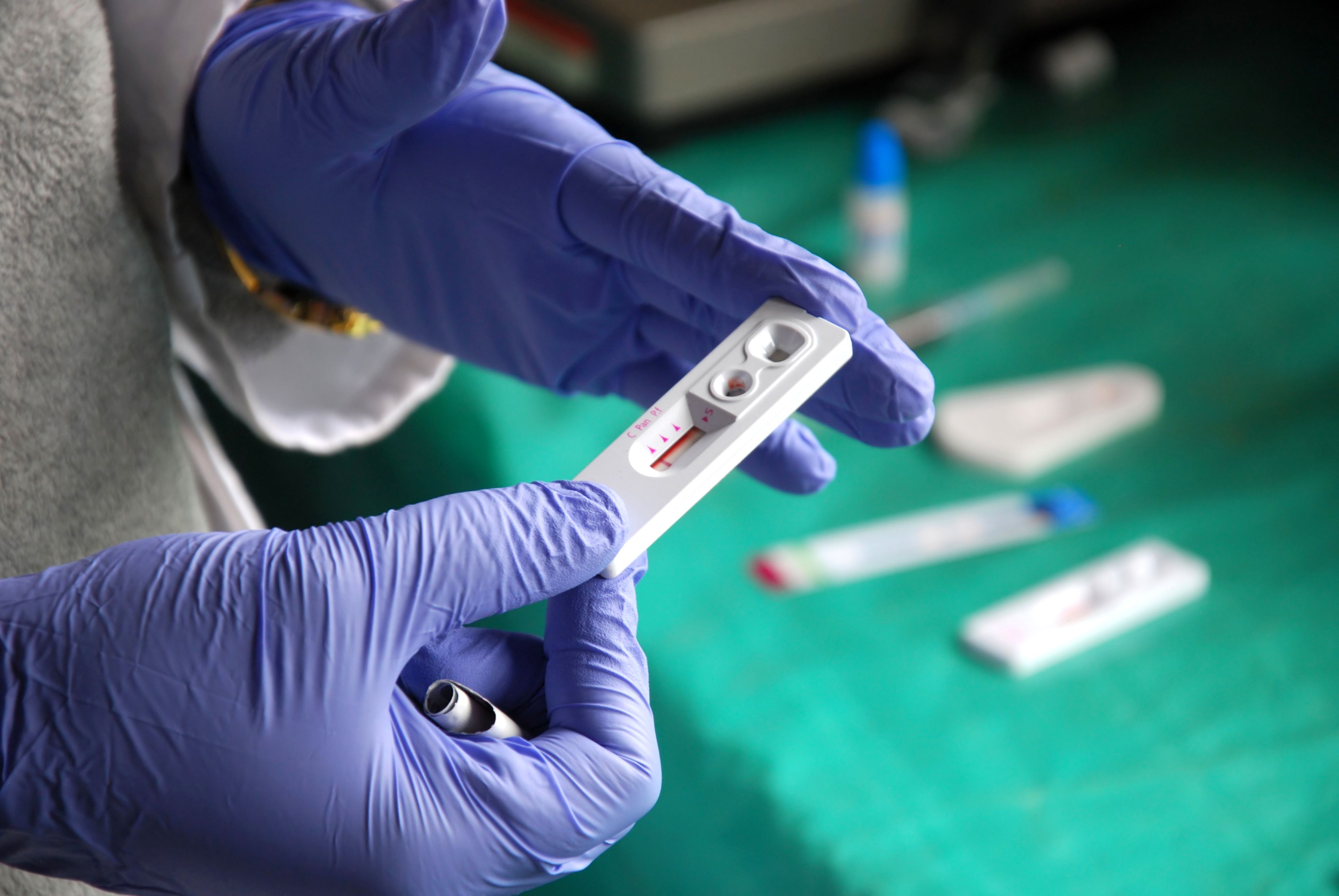Article
Antibody Therapy Shows Promise Treating HIV
Author(s):
Broadly neutralizing antibodies (bNAbs) may hold the key to eliminating HIV-1.
According to a recent article, broadly neutralizing antibodies (bNAbs) show promise in defeating HIV-1.
The article was published in the New England Journal of Medicine on November 9, 2016 and was authored by Marina Caskey, MD, of the Laboratory of Molecular Immunology at Rockefeller University in New York, and colleagues.
The authors said that although antiretroviral therapy (ART) is effective in suppressing HIV-1 replication, it does not eradicate the virus and it requires lifelong adherence to the therapy.
“Although antibodies that neutralize HIV-1 were discovered shortly after the disease was first described, most HIV-1-infected people produce nonneutralizing antibodies or antibodies that neutralize only a limited number of different HIV-1 strains,” the authors wrote.
The problem is that bNAbs may take years to develop, and standard immunization strategies haven’t elicited them as yet. The researchers offer several reasons that bNAbs should be explored as a possible treatment. Antibodies have “naturally long half-lives of 2 to 3 weeks,” according to the study.
That long half-life could mean “it is entirely possible that bNAbs could be used as passive vaccines administered subcutaneously on a quarterly or biannual basis,” the study noted, as opposed to the small-molecule drugs which must be administered intramuscularly more often.
The authors warn that “decaying levels of these long-acting drugs may allow selection of resistant viral strains, and persons in whom oral or injectable small-molecule drugs fail to prevent infection because of breakthrough resistant viruses will probably have no response to antiretroviral regimens containing the same drug classes.”
Finally, the study shows bNAbs have the potential to be immunotherapeutic, comparing the concept to cancer immunotherapy: “antibodies engage the host immune system to fight disease.”
The authors add that this is especially important in the context of possibly eradicating the disease. The authors further suggest that on-going studies will explore the use of bNAbs to prevent HIV-1 and as an immunotherapy in infected people.
“We speculate that a combination of bNAbs, like combinations of small-molecule ART [antiretroviral] drugs, can avert selection of escape variants,” the authors concluded.
Newsletter
Stay informed on drug updates, treatment guidelines, and pharmacy practice trends—subscribe to Pharmacy Times for weekly clinical insights.






